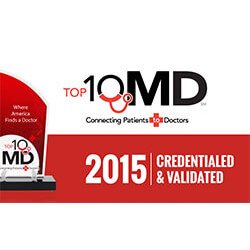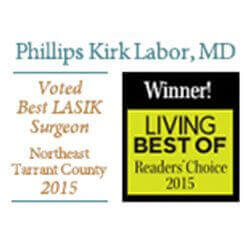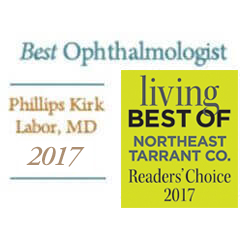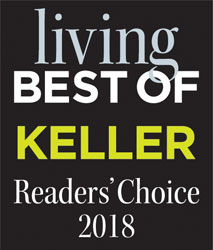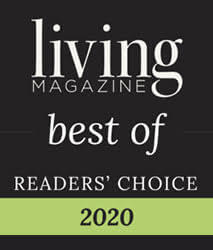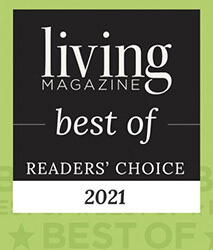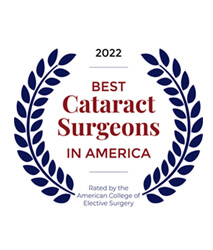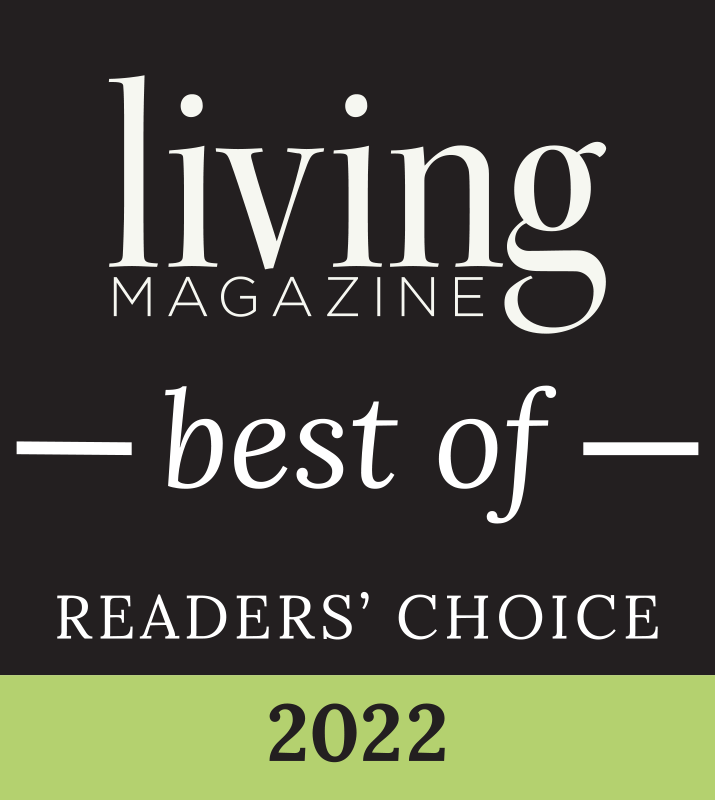From an early age, we’re told that carrots are good for our eyes. It’s no surprise that research has suggested a connection between nutrition and prevention of cataracts. Not only do we encourage a healthy diet for our Dallas/Fort Worth eye care patients, we may make nutritional recommendations as part of a patient’s treatment plan.
 According to an allaboutvision article, several studies have been conducted revealing that diet may help reduce cataract risk. Below are highlights from the article:
According to an allaboutvision article, several studies have been conducted revealing that diet may help reduce cataract risk. Below are highlights from the article:
• Carbohydrates: Researchers in Australia found that high carbohydrate diets may increase cataract risk. Published in Investigative Ophthalmology & Visual Science, 2010.
• Vitamins & Minerals: A large study of adult women found that eating foods rich in vitamins and minerals may help delay cataract development (published in the Archives of Ophthalmology, 2010). Another study suggests that lutein, zeaxanthin and vitamin E from food and supplements “were associated with significantly decreased risk of cataract.” Lutein and zeaxanthin are found in green leafy vegetables and other foods, such as eggs.
• Antioxidants: A 10-year study of 2,400 older adults, also conducted in Australia, found that a combined intake of multiple antioxidants reduced the risk of cataracts. Published in the American Journal of Clinical Nutrition, 2008.
Today, most doctors and experts agree, nutrition that benefits health including eye care, should come from a healthy diet. While supplements can help balance a diet lacking in nutrients, which is common for most Americans, consult with your doctor first to help you choose what’s right for you.
